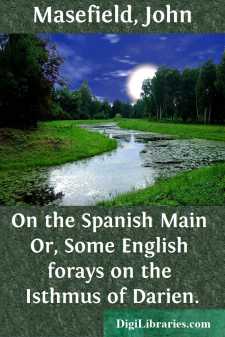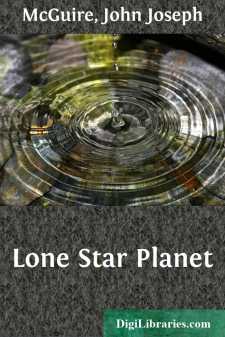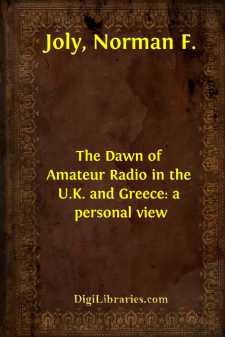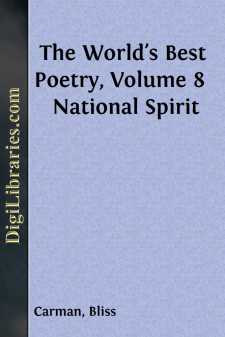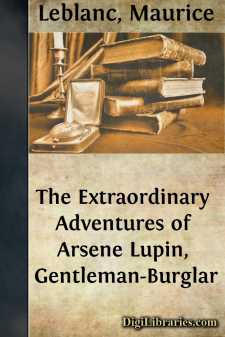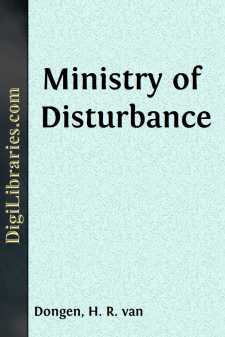Categories
- Antiques & Collectibles 13
- Architecture 36
- Art 48
- Bibles 22
- Biography & Autobiography 813
- Body, Mind & Spirit 142
- Business & Economics 28
- Children's Books 17
- Children's Fiction 14
- Computers 4
- Cooking 94
- Crafts & Hobbies 4
- Drama 346
- Education 46
- Family & Relationships 57
- Fiction 11829
- Games 19
- Gardening 17
- Health & Fitness 34
- History 1377
- House & Home 1
- Humor 147
- Juvenile Fiction 1873
- Juvenile Nonfiction 202
- Language Arts & Disciplines 88
- Law 16
- Literary Collections 686
- Literary Criticism 179
- Mathematics 13
- Medical 41
- Music 40
- Nature 179
- Non-Classifiable 1768
- Performing Arts 7
- Periodicals 1453
- Philosophy 64
- Photography 2
- Poetry 896
- Political Science 203
- Psychology 42
- Reference 154
- Religion 513
- Science 126
- Self-Help 84
- Social Science 81
- Sports & Recreation 34
- Study Aids 3
- Technology & Engineering 59
- Transportation 23
- Travel 463
- True Crime 29
Sort by:
by:
John Masefield
CHAPTER I DRAKE'S VOYAGE TO THE WEST INDIES His quarrel with the Spaniards—His preliminary raids—His landfall—The secret harbour Francis Drake, the first Englishman to make himself "redoubtable to the Spaniards" on the Spanish Main, was born near Tavistock about the year 1545. He was sent to sea, as a lad, aboard a Channel coaster engaged in trade with the eastern counties, France...
more...
They started giving me the business as soon as I came through the door into the Secretary's outer office. There was Ethel K'wang-Li, the Secretary's receptionist, at her desk. There was Courtlant Staynes, the assistant secretary to the Undersecretary for Economic Penetration, and Norman Gazarin, from Protocol, and Toby Lawder, from Humanoid Peoples' Affairs, and Raoul Chavier, and...
more...
One day at Arle—a tiny scattered fishing hamlet on the northwestern English coast—there stood at the door of one of the cottages near the shore a woman leaning against the lintel-post and looking out: a woman who would have been apt to attract a stranger's eye, too—a woman young and handsome. This was what a first glance would have taken in; a second would have been apt to teach more and...
more...
by:
Delco-Remy
INSTALLATIONAntenna—See Instructions in antenna package.Chassis—This receiver may be installed on any car with Positive or Negative ground without any changes of wiring. When possible, locate the chassis on the driver's side of the dash, over the steering column, with the removable cover plate facing the floor. This position places the control shafts on the end of the case facing the center of...
more...
by:
Norman F. Joly
CHAPTER ONE THE DEVELOPMENT OF ELECTRICITY The phenomenon which Thales had observed and recorded five centuries before the birth of Christ aroused the interest of many scientists through the ages. They made various practical experiments in their efforts to identify the elusive force which Thales had likened to a 'soul' and which we now know to have been static electricity. Of all forms of...
more...
by:
Bliss Carman
THE STUDY OF POETRY. BY FRANCIS HOVEY STODDARD. Clever men of action, according to Bacon, despise studies, ignorant men too much admire them, wise men make use of them. "Yet," he says, "they teach not their own use, but that there is a wisdom without them and above them won by observation." These are the words of a man who had been taught by years of studiousness the emptiness of mere...
more...
by:
Maurice Leblanc
I. The Arrest of Arsène Lupin It was a strange ending to a voyage that had commenced in a most auspicious manner. The transatlantic steamship `La Provence' was a swift and comfortable vessel, under the command of a most affable man. The passengers constituted a select and delightful society. The charm of new acquaintances and improvised amusements served to make the time pass agreeably. We...
more...
Scene I. A Little Moorish Room in the Village of Azubia.In the centre of the room a chafing dish. Mosada. [alone] Three times the roses have grown less and less,As slowly Autumn climbed the golden throneWhere sat old Summer fading into song,And thrice the peaches flushed upon the walls,And thrice the corn around the sickles flamed,Since 'mong my people, tented on the hills,He stood a messenger. In...
more...
by:
Virgil Finlay
He was afraid—not of the present or the future, but of the past. He was afraid of the thing tagged Reed Kieran, that stiff blind voiceless thing wheeling its slow orbit around the Moon, companion to dead worlds and silent space. 1. Something tiny went wrong, but no one ever knew whether it was in an electric relay or in the brain of the pilot. The pilot was Lieutenant Charles Wandek, UNRC, home...
more...
by:
H. R. van Dongen
Sometimes getting a job is harder than the job after you get it—and sometimes getting out of a job is harder than either! The symphony was ending, the final triumphant pæan soaring up and up, beyond the limit of audibility. For a moment, after the last notes had gone away, Paul sat motionless, as though some part of him had followed. Then he roused himself and finished his coffee and cigarette,...
more...


